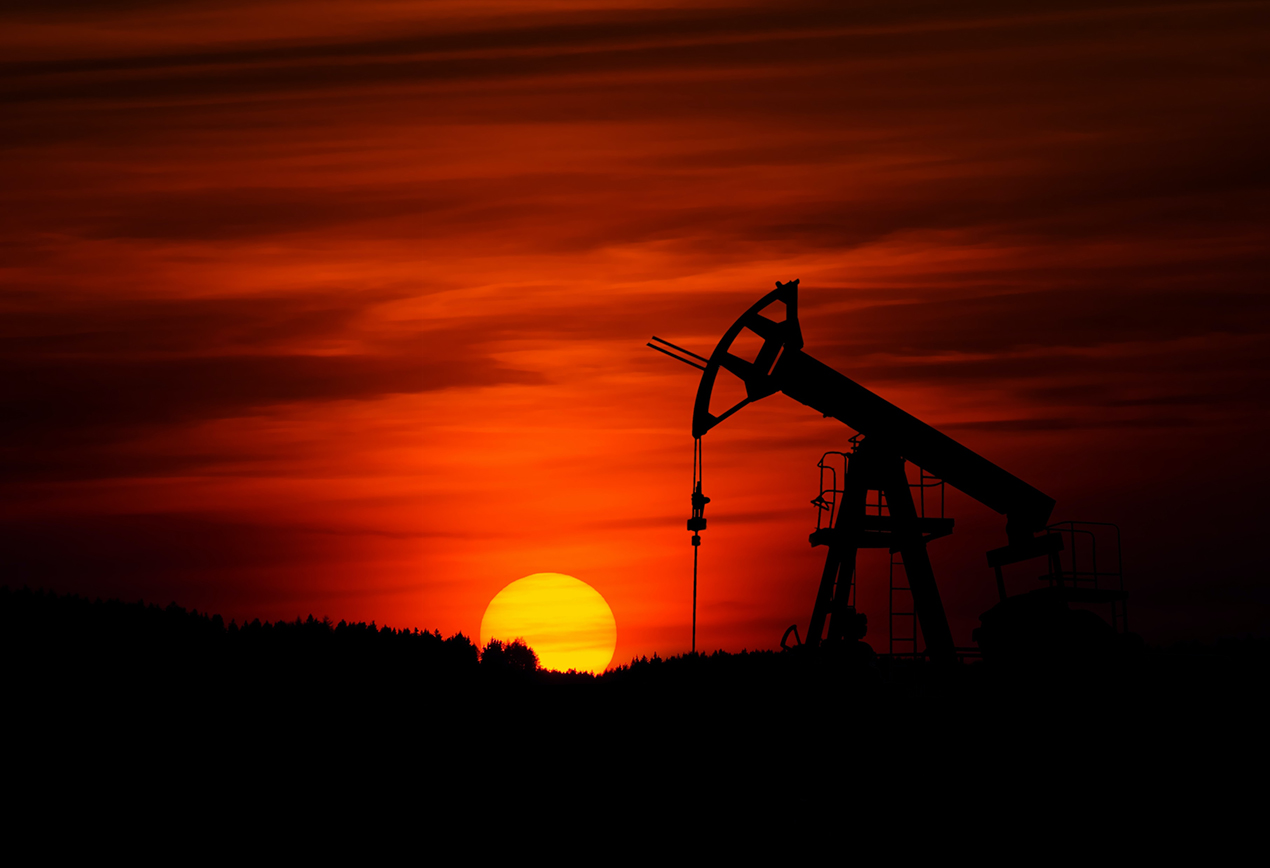News
Europe and the United States Re-emphasizing the Development of Alternative Oil Energy Sources
On February 16th, Austria's
"News" published a headline article on its front page entitled
"The flight from oil has begun", stating that developed countries in
Europe and the United States are paying renewed attention to the development of
alternative energy sources to oil, but they need to formulate a convincing
action plan to avoid the dangers of oil. The unfulfilled efforts once again
came to nothing.
The article pointed out that the Iranian
nuclear crisis and the resulting rise in international crude oil prices
(excluding inflation factors have reached the level of the oil crisis in the
late 1970s), as well as the recent Russian-Ukrainian natural gas dispute, these
factors have triggered concerns in developed countries in Europe and the United
States about "eliminating Oil" wave of political discussion.
Especially in Europe, which relies heavily on oil and natural gas imports,
energy has once again become the focus of the political agenda.
In many European countries, nuclear energy,
which once fell out of favor, has been given a new lease of life: the
Netherlands' Ministry of Economic Affairs has announced that it will build
three new nuclear power plants within a few years. Poland, Estonia, Lithuania,
and France have similar plans, and nuclear facilities in Finland and Romania
are under construction. The UK has shut down 22 nuclear reactors in the past
few years, but Prime Minister Tony Blair now believes that new nuclear power
plants may be "necessary".
Sweden passed a referendum in 1980 to
suspend the use of all nuclear power plants until 2010, but now 63% of the
people support the development of nuclear energy. Although the Swedish
government's official position insists on withdrawing from nuclear energy, it
still invests large sums of money in modernizing existing nuclear facilities.
Germany has decided to stop using nuclear energy by 2021, but the
Russian-Ukrainian natural gas crisis has once again sparked controversy, with
some politicians demanding an extension of the use period of nuclear energy.
Austria insists on rejecting nuclear energy.
The European Commission believes that the
use of nuclear power will not achieve a lasting renaissance, but other
alternative energy sources have great potential and are encouraged, such as
biomass energy, wind energy, solar energy, etc. Among them, the European solar
energy industry has almost the largest production capacity, related Stocks
appreciate significantly. Biofuels will play a larger role, although at most
they will only meet 20% of fuel needs.
Although the United States is far less
dependent on Middle East oil than Europe, accounting for only 20% of total U.S.
oil demand, President Bush said in his speech to the nation that the United
States will spend billions of dollars to develop biogasoline to reduce its
dependence on the Middle East. dependence on oil. In an effort to reduce oil
imports from the region by three-quarters over the next 20 years, the United
States will invest in 900 biogasoline facilities.
When commenting on the article, it was
pointed out that the Iranian president used oil as a threat, and Russia made
Europe understand how fragile its natural gas pipelines are, but the resulting
discussion about alternative energy is not new, but a replica of history. The
two oil crises in the 1970s made Western countries even more panicked than they
are now. Soon, energy-saving technology developed rapidly, and the whole world
was looking for alternatives to "black gold." Later, as oil prices
fell, the pressure to find new energy sources was lifted, thus laying hidden
dangers for the recurrence of energy crises.
In the face of oil resources that will
eventually be exhausted, especially since most of these resources are in crisis
areas of world politics, industrial countries should not repeat the mistakes of
the past. Political slogans should be turned into practical actions, while
avoiding policy tilts from being abused by a few people. According to
predictions from Germany's Adenauer Foundation, Europe will rely on imports for
90% of its oil and 70% of its natural gas by 2020, so Europe cannot afford
policy mistakes.
The article believes that Western developed
countries are seeking alternatives to oil, but they still lack corresponding
convincing solutions. Whether in Europe or the United States, single measures
such as building a few nuclear power plants and biogasoline plants are not
enough. Once oil prices fall, these facilities will be left out. The real
energy threat is right in front of us, but Europe does not have a truly
convincing and unified response plan. This will leave a recipe for a repeat of
the same mistakes in 10 or 20 years.
According to a relevant report in
"News", oil, coal and natural gas as traditional energy sources
currently account for 80.3% of global energy demand. As alternative resources
to oil, nuclear energy accounts for only 6.4% and renewable energy 13.3%.
Biomass energy is the most important among renewable energy sources, including
wood, biogas and biogasoline. The proportion of hydropower utilization is only
2%, and it has reached the limit of development in some countries such as
Austria. Solar energy and wind energy have become rapidly developing fields.
Under Austria's initiative, the EU strives to increase the proportion of
biomass energy from the current 4% to 9% by 2010. The biggest weakness of these
new energy sources is their high cost, so they still depend on the emergence of
superior technologies.

RELATED NEWS
- Oil Prices Dip to $104 as OPEC Worries about Demand
- Oil Prices Continue to be Under Pressure, Plunged another 4.2% on Monday
- UAE: International Community must Redouble Efforts on Renewable Energy
- Huicong HVAC and Comfort Home Network Visited BANDON Factory
- Six Foreign Ministers Discuss Iran Nuclear Issue
